Day 7: Death toll from Israeli war on Gaza rises to 2,215, including 724 children
Israeli strikes on the Gaza Strip since Hamas's operation in southern Israel one week ago have killed at least 2,215 people, including 724 children, the Palestinian health ministry says.
Some 458 women were among those killed, the ministry said. It added that 8,714 people have also been wounded.
The ministry said Israeli strikes in Gaza had killed at least 324 people in the past 24 hours alone, including 126 children.
There were 88 women among those killed, it said, adding that 1,018 were wounded over that period.
The Israeli army ordered residents to evacuate the city early Friday ahead of an expected ground invasion.
Israeli forces killed at least 16 Palestinians across the occupied West Bank as they opened live fire on demonstrators rallying to show solidarity with the people of the Gaza Strip.
People took part in demonstrations in cities across the Israeli-occupied West Bank on Friday, including Ramallah, Tulkarem, Nablus and al-Khalil.
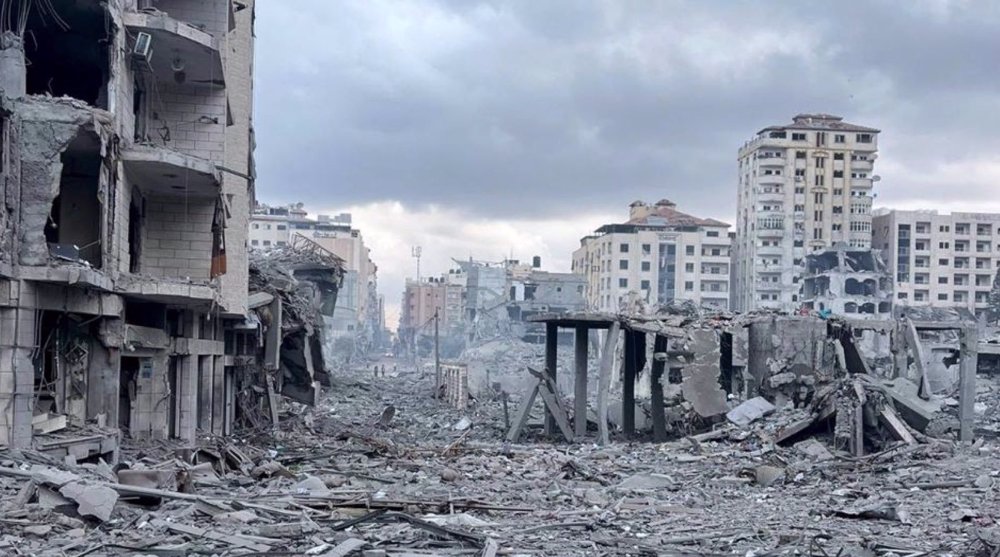
Hundreds of thousands of Gazans have also been displaced as a result of the regime's relentless and indiscriminate attacks.
At least 423,000 people have now been forced to flee their homes in the Gaza Strip, the United Nations said.
As of late Thursday, the number of displaced people in Gaza had risen by an additional 84,444 people and reached 423,378, the UN humanitarian agency OCHA said.
The coastal territory remains under Israel’s complete siege with no access to electricity, water, food, and medicines.
Israel started its onslaught on Saturday after Gaza-based resistance groups launched a multi-front operation against the regime.
Israel used banned white phosphorus munitions against desperate people in Gaza, a human rights monitor said.
In a post on X on Thursday, Maha Hussaini, director of strategies at the Euro-Mediterranean Human Rights Monitor in Geneva, said that the Tel Aviv regime was “using internationally prohibited white phosphorus in Gaza.”
“These munitions are an indiscriminate incendiary weapon that ignites on contact with oxygen. In closed spaces, the toxic fumes can cause asphyxiation & permanent respiratory damage,” she added.
Eight Palestinians killed as Israel attacks Gaza school, hospitals
VIDEO | Rome, Milan host new protests in solidarity with Palestinians
Dec. 21: ‘Axis of Resistance’ operations against Israeli occupation
Spain jurists demand ties with Israel ties be cut
VIDEO | Press TV's news headlines
VIDEO | Iran honors top Science Olympiad medalists
VIDEO | Austrians arrested at Gaza protest in Vienna
10 killed in bus crash in western Iran


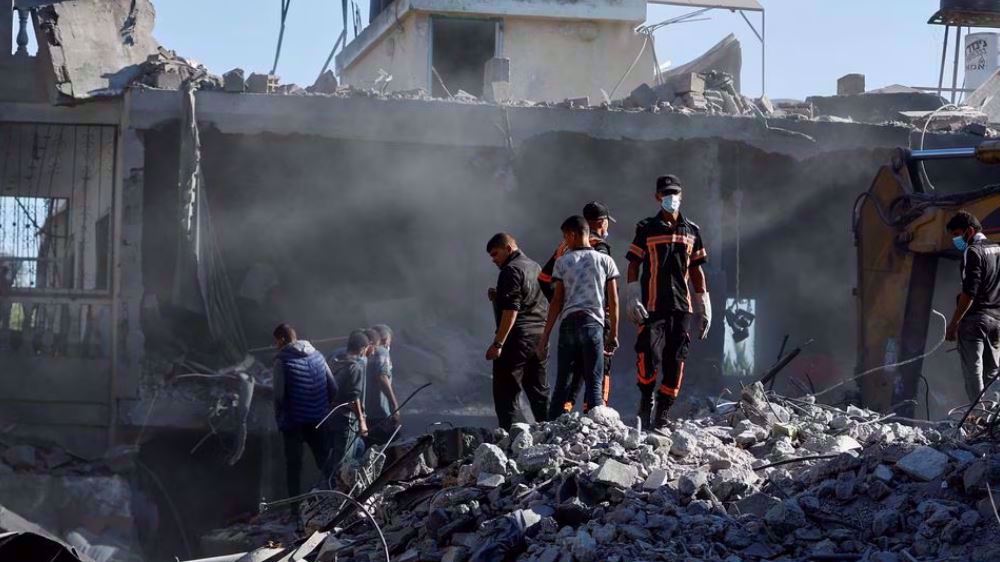
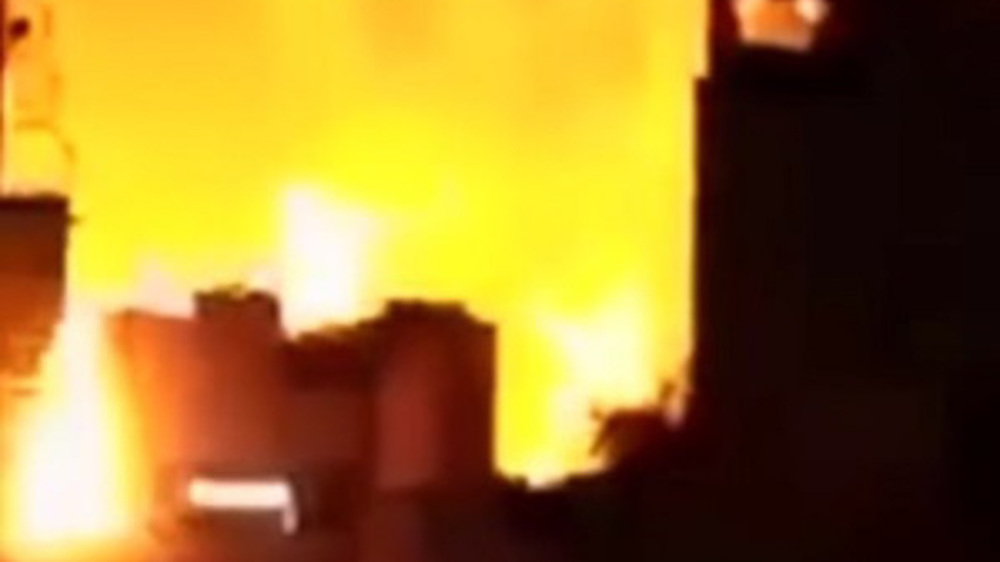
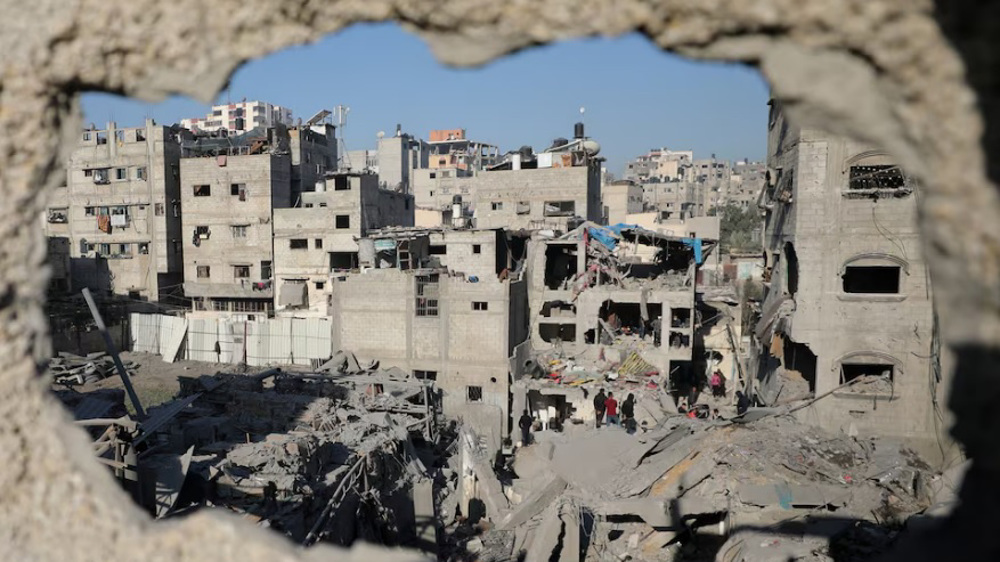
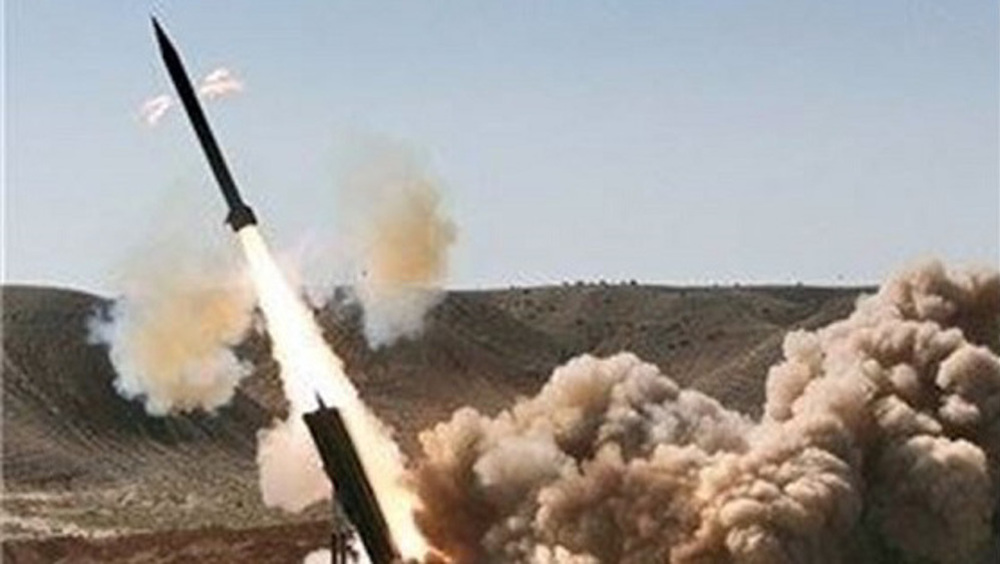




 This makes it easy to access the Press TV website
This makes it easy to access the Press TV website